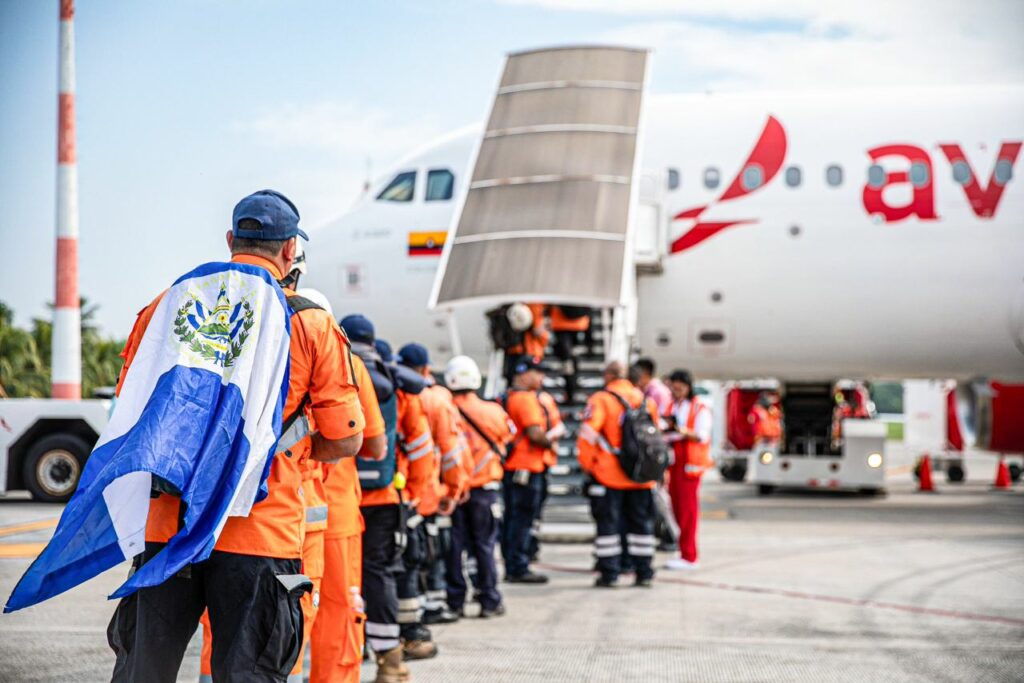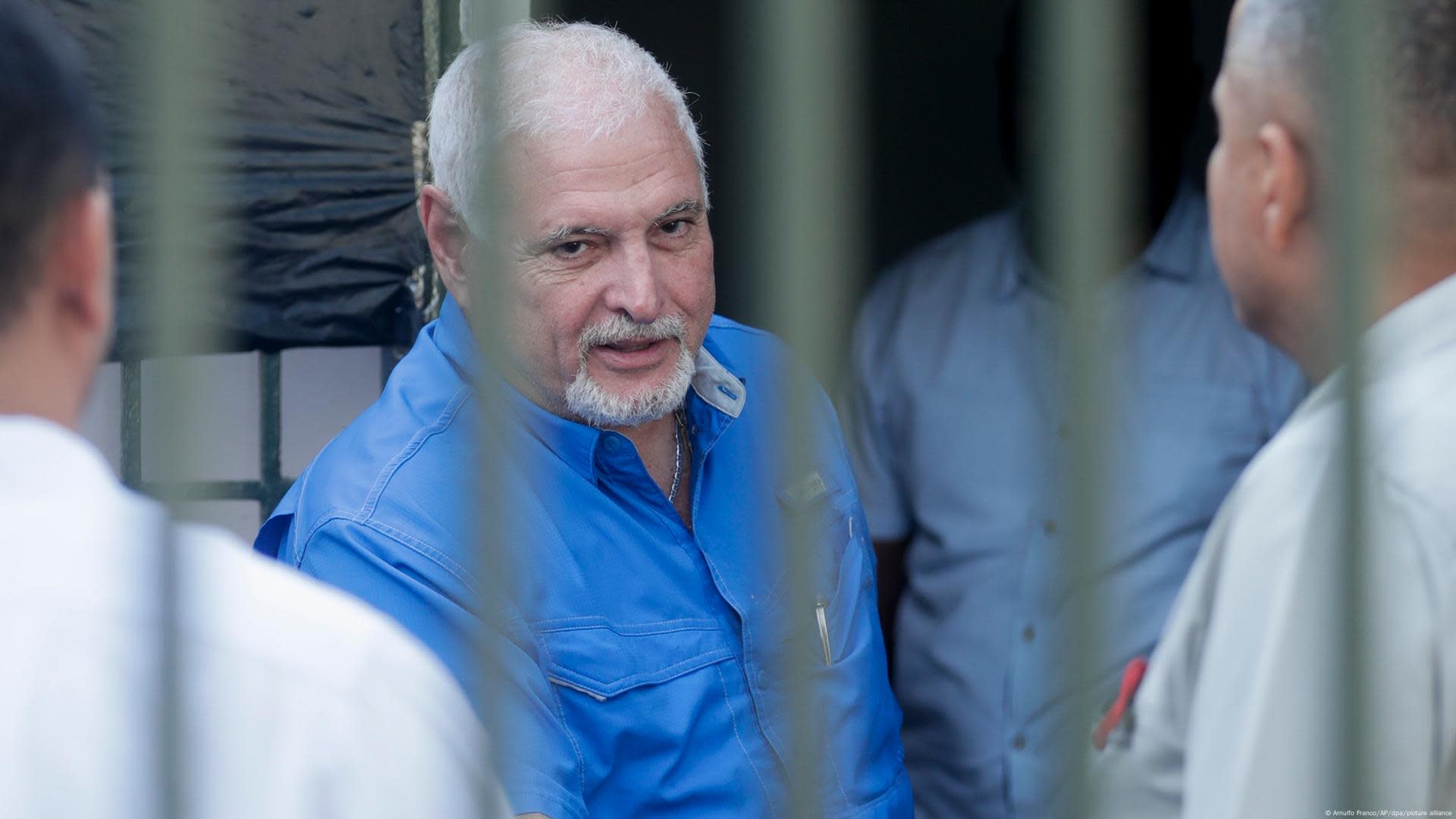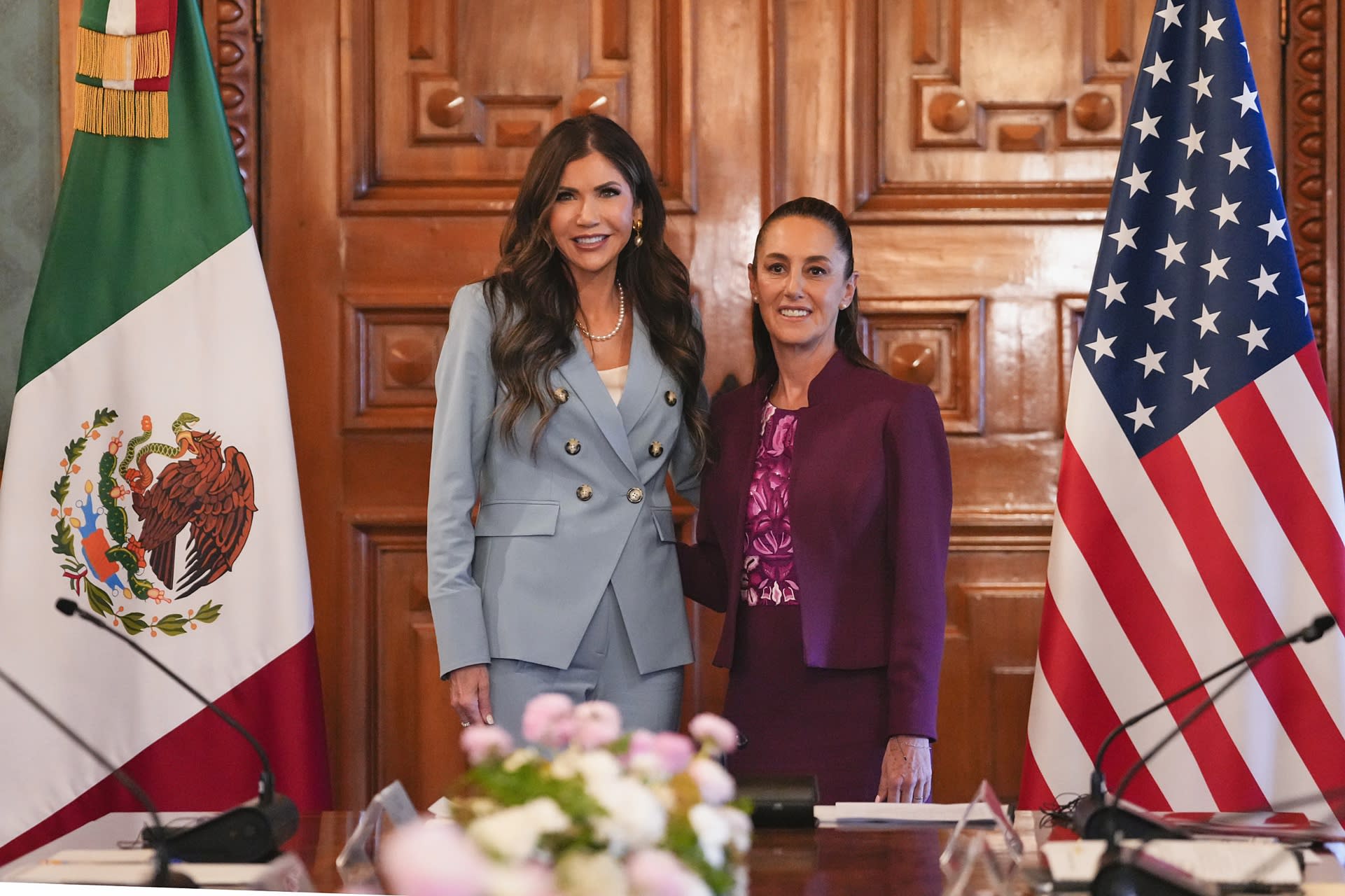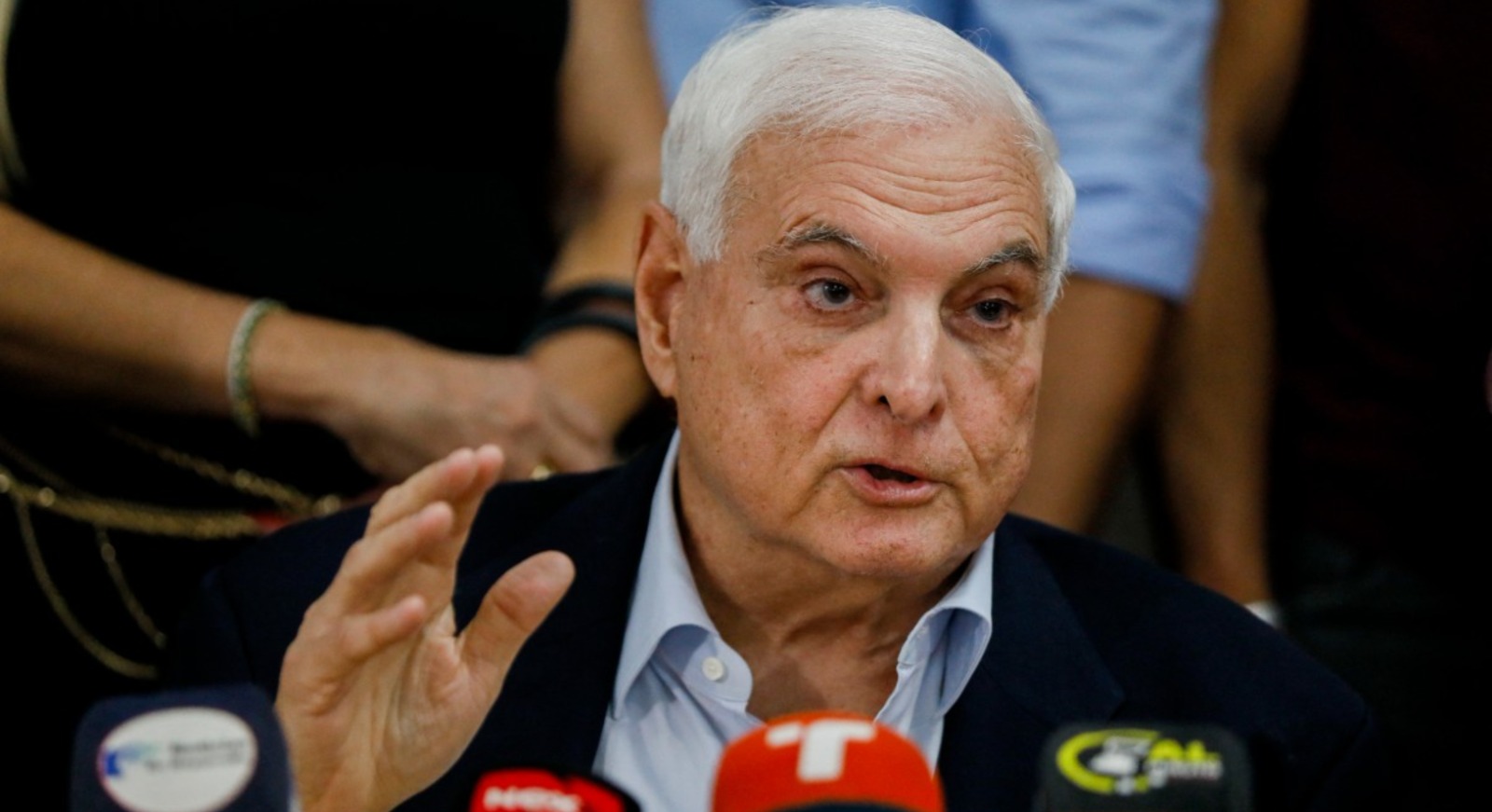Central America
El Salvador delivers aid to Costa Rica amid severe flooding and red alerts

Costa Rica raised alert levels on Tuesday due to ongoing heavy rains that are expected to continue throughout the week. So far, flooding has forced 1,369 people into shelters, and the country is receiving humanitarian aid from El Salvador in response to the emergency.
The National Emergency Commission (CNE) declared a red alert (the highest level) for the provinces of Guanacaste and Puntarenas along the Pacific coast, and an orange alert (high level) for the rest of the country, except for Limón province (Caribbean), which is under a yellow alert (intermediate level).
The CNE reported that the rainy pattern is expected to persist throughout the week. The National Meteorological Institute (IMN) is also monitoring tropical wave number 46, which has a high potential to develop into a tropical cyclone over the Caribbean Sea in the next seven days.
“Rainfall is expected to continue over the coming days, especially along Costa Rica’s Pacific coast. Additionally, there is a high saturation of soil across much of the country, creating significant vulnerability to incidents like flooding and landslides,” explained the CNE.
El Salvador’s President, Nayib Bukele, who is wrapping up a two-day visit to Costa Rica on Tuesday, announced on Monday the dispatch of a plane carrying humanitarian aid. Originally, the aid was intended for flood victims in Valencia, Spain, affected by a recent storm.
Bukele explained on Tuesday that Spain is currently not accepting international aid, so he decided to redirect the shipment to Costa Rica, splitting it across three smaller planes, with an additional 20 trucks carrying 400 tons of aid set to arrive in the coming days.
On Tuesday, planes carrying humanitarian aid arrived in Costa Rica, as confirmed by both governments.
“We have sent aid missions to Turkey, and we intended to send one to Spain, but the government there did not accept international assistance—not just from us, but from anyone. We were surprised at how swiftly the Costa Rican government acted,” Bukele stated on Tuesday.
Central America
Panama grants Martinelli 72-hour extension to travel to Nicaragua

On Monday (March 31, 2025), Panama extended the safe-conduct pass for former President Ricardo Martinelli by three more days to allow him to travel to Nicaragua, after the Central American country refused to receive him due to concerns over an alleged Interpol arrest warrant.
“The National Government has decided to extend the validity of the safe-conduct pass for an additional seventy-two (72) hours, until the end of Thursday, April 3, 2025,” the Panamanian Foreign Ministry stated in a communiqué. The original permit was set to expire Monday at midnight (05:00 GMT on Tuesday).
The Foreign Ministry explained that regarding the ‘humanitarian asylum’ granted to Martinelli last Thursday, which was set to expire Monday at midnight, the Nicaraguan government requested clarifications about an apparent Interpol alert, which had already been dismissed as inadmissible.
Additionally, the Panamanian Supreme Court of Justice, as the highest authority of the Judicial Branch, stated on Monday that it had “no objections” to granting asylum and a safe-conduct to Martinelli, as it falls under the jurisdiction of the Executive Branch.
Central America
U.S. Homeland Security Secretary urges Mexico to strengthen Guatemala border

U.S. Homeland Security Secretary Kristi Noem revealed on Monday that during last week’s meeting with Mexican President Claudia Sheinbaum, she urged Mexico to reinforce its border with Guatemala and share biometric datawith U.S. authorities.
“I gave her a list of things that President Trump would love to see. And it was exceptional. It was supposed to be a half-hour meeting, but we talked for nearly two hours. It was very productive,” Noem said in an interview with Fox News.
The Homeland Security Secretary requested that Sheinbaum, who has already deployed 10,000 National Guard troopsalong Mexico’s northern border with the U.S., also secure Mexico’s southern border with Guatemala.
Noem added that she also asked the Mexican president to share biometric data with the U.S., to which Sheinbaum responded that she was “willing to discuss it,” although she acknowledged that it could be a controversial issue in her country.
Central America
Panama police clarifies that Interpol alert for Martinelli is still pending

Panama’s National Police clarified on Sunday that an Interpol alert request for former President Ricardo Martinelli (2009-2014) is still under review and has yet to be confirmed. Martinelli was granted a safe-conduct pass last Thursday to leave the Nicaraguan embassy, where he has been seeking asylum since February 2024 after being convicted of corruption.
“The National Police clarifies that there is currently an active process for an Interpol alert, requested by Judge Baloisa Marquínez, against former President Ricardo Martinelli. This request must be analyzed by Interpol’s General Secretariat (headquartered in France) for approval or rejection. If approved, it will be notified to member countries,” the police stated in a press release sent to EFE.
According to the statement, “at the moment, it remains an ongoing procedure, and former President Martinelli does not have a confirmed alert.”
The announcement came hours after National Police Director Jaime Fernández had told the press that an “Interpol alert” for Martinelli had been received on Friday.
-

 International4 days ago
International4 days agoSon of journalist José Rubén Zamora condemns father’s return to prison as “illegal”
-

 International4 days ago
International4 days agoMiyazaki’s style goes viral with AI but at what cost?
-

 Central America1 day ago
Central America1 day agoU.S. Homeland Security Secretary urges Mexico to strengthen Guatemala border
-

 International1 day ago
International1 day agoTrump urges Putin to reach peace deal
-

 Central America3 days ago
Central America3 days agoPanama police clarifies that Interpol alert for Martinelli is still pending
-

 International3 days ago
International3 days agoDeportation flight lands in Venezuela; government denies criminal gang links
-

 Central America1 day ago
Central America1 day agoPanama grants Martinelli 72-hour extension to travel to Nicaragua
-
Central America4 days ago
Nicaragua revokes legal status of 10 more NGOs, bringing total to over 5,600















